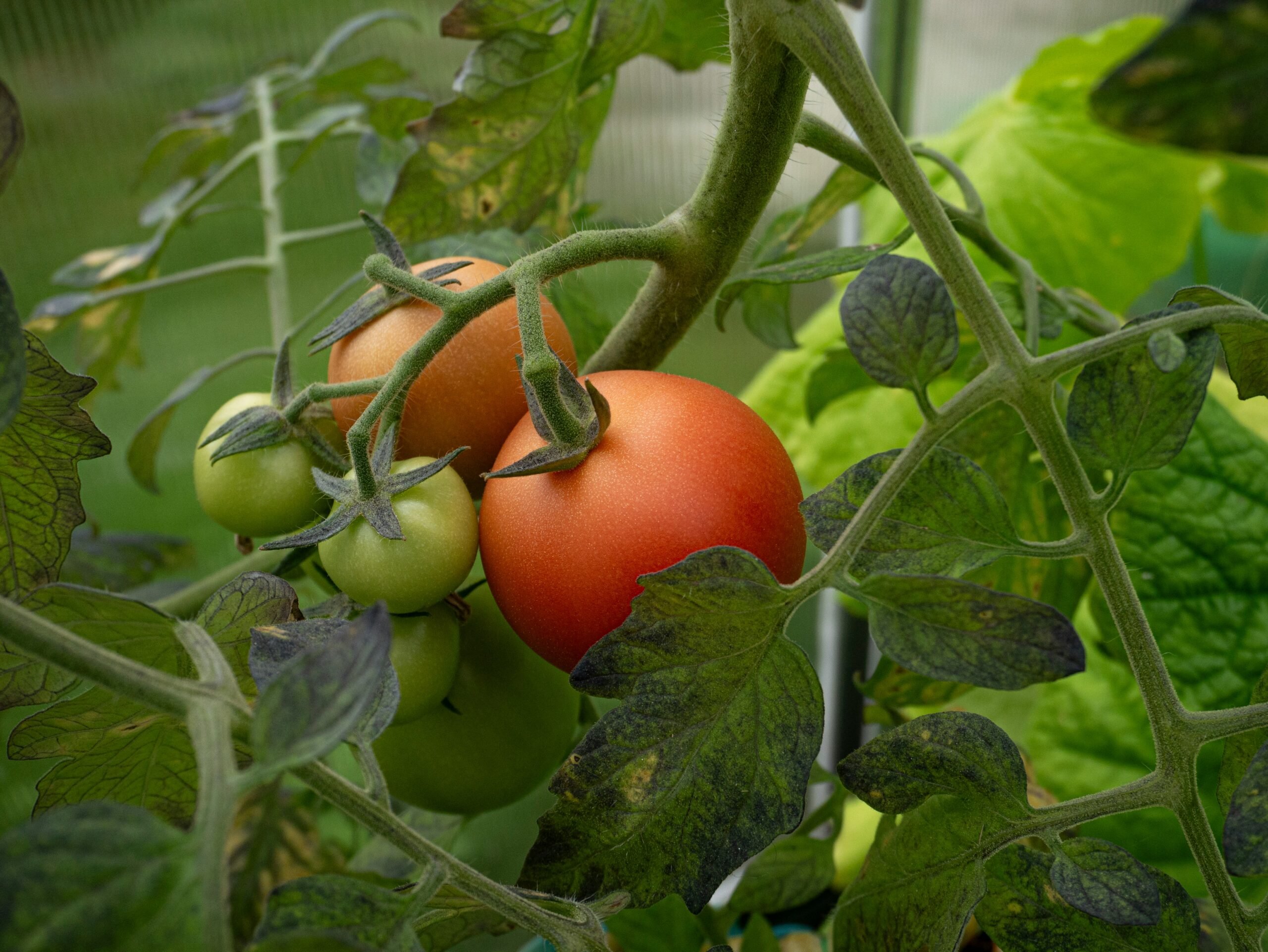Key Highlights:
- Funding Goal: Lockyer Valley Foods aims to raise $50M in Series A funding to initiate the construction of its advanced fruit and vegetable processing facility in Withcott, Queensland.
- Milestones Achieved: Land acquisition, development approval, and pre-construction preparations are complete, with operational works set to begin in early 2025.
- Facility Features: The facility will include steel can production, freezing, powdering, juicing capabilities, a pallet recycling plant, and a bio-methane system for off-grid operation.
- Impact: The project is expected to secure Queensland's fruit and vegetable industry, reduce food waste, and cut reliance on imported produce.
A Step Toward Sustainable Food Processing
Lockyer Valley Foods, a co-operative-backed fruit and vegetable processing company, announced the launch of a $50M Series A funding round. This investment will finance the construction of its cutting-edge circular economy facility in Withcott, Queensland, aimed at transforming Australia’s food processing landscape.
“This has been in the planning stages for several years and it’s so exciting to finally be ready to break ground,” said Murray Chatfield, Chair of Lockyer Valley Foods. “We will not only deliver one of Australia’s most sophisticated, lowest-emissions facilities, we will also secure the future of the fruit and vegetable industry in Queensland and reduce Australia’s reliance on imported produce.”
The facility is designed to enhance Australia’s food security by incorporating advanced processing technologies while supporting the local agricultural economy.
Facility Features and Economic Model
The processing plant will include:
- Canning, Freezing, and Juicing Units: To expand processing capabilities for surplus produce.
- Pallet Recycling Plant: Using plastic waste to manufacture pallets.
- Bio-Methane Plant: Utilizing green waste to power the facility and ensure off-grid sustainability.
Chatfield highlighted the facility's staged construction model, which allows initial revenue streams to fund further development. “Within one year of our initial build program, we will be creating significant positive revenues,” he stated.
Supporting Queensland Farmers
The initiative addresses a critical issue facing Queensland farmers: unsold crops due to limited processing options. According to AUSVEG, one in three Queensland farmers are considering leaving the industry this year, driven by market inefficiencies.
“This facility delivers a secure food future for our country; long-term growth and security for our producers, and a major reduction in waste and emissions – it really is win-win-win,” said Colin Dorber, Founder and CEO of Lockyer Valley Foods. The project is expected to benefit growers not only in the Lockyer Valley but also in Bundaberg, the Scenic Rim, Darling Downs, Fassifern, and Somerset.
Funding and Development
The $50M Series A round builds on earlier investment rounds that covered land acquisition, design, and pre-construction costs. The facility, which will recycle 100% of its water, represents a significant step toward profitability and sustainability.
“Lockyer Valley Foods will really highlight how fruit and vegetable processing can be highly profitable from seed to table for Australia, whilst ensuring growers have long-term viable and profitable futures,” Dorber concluded.


